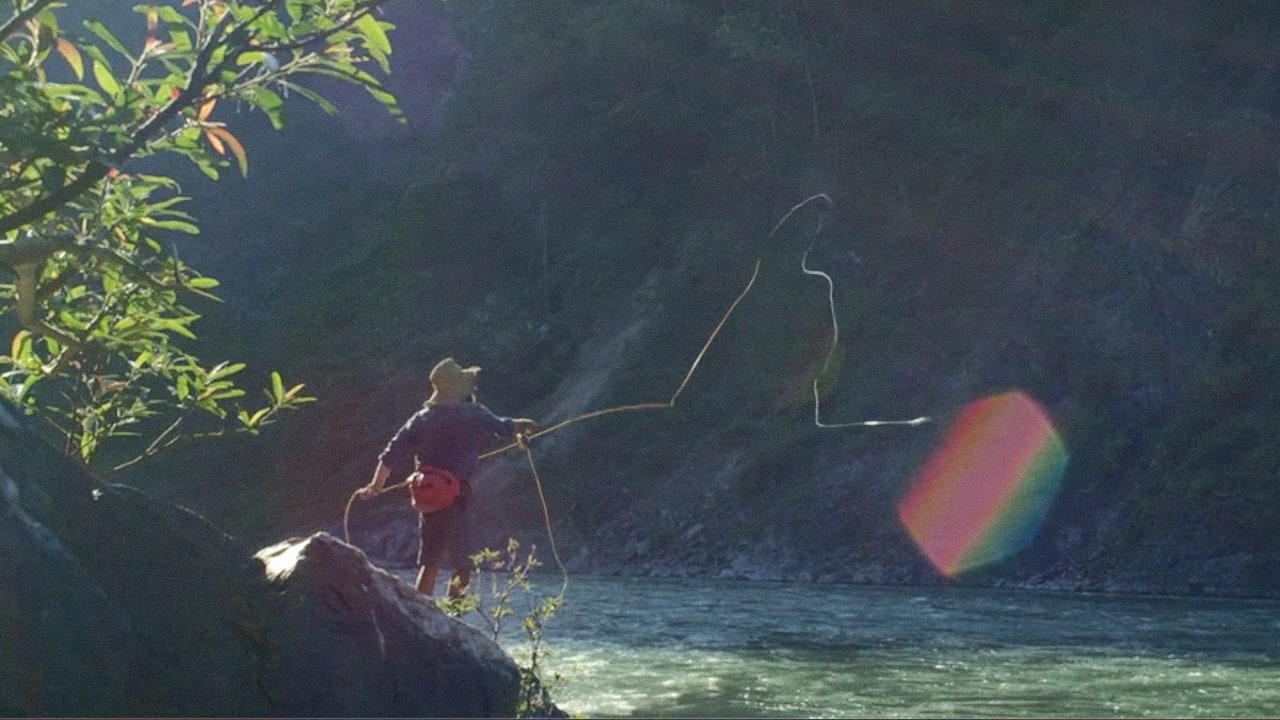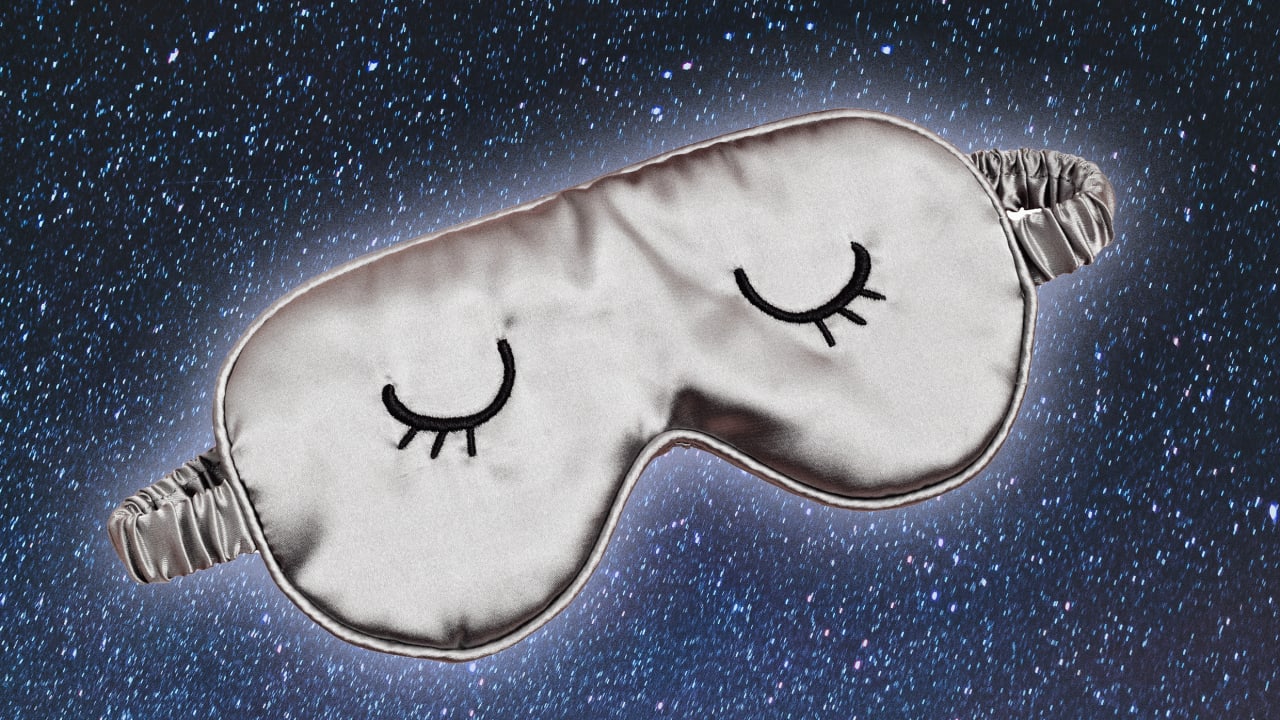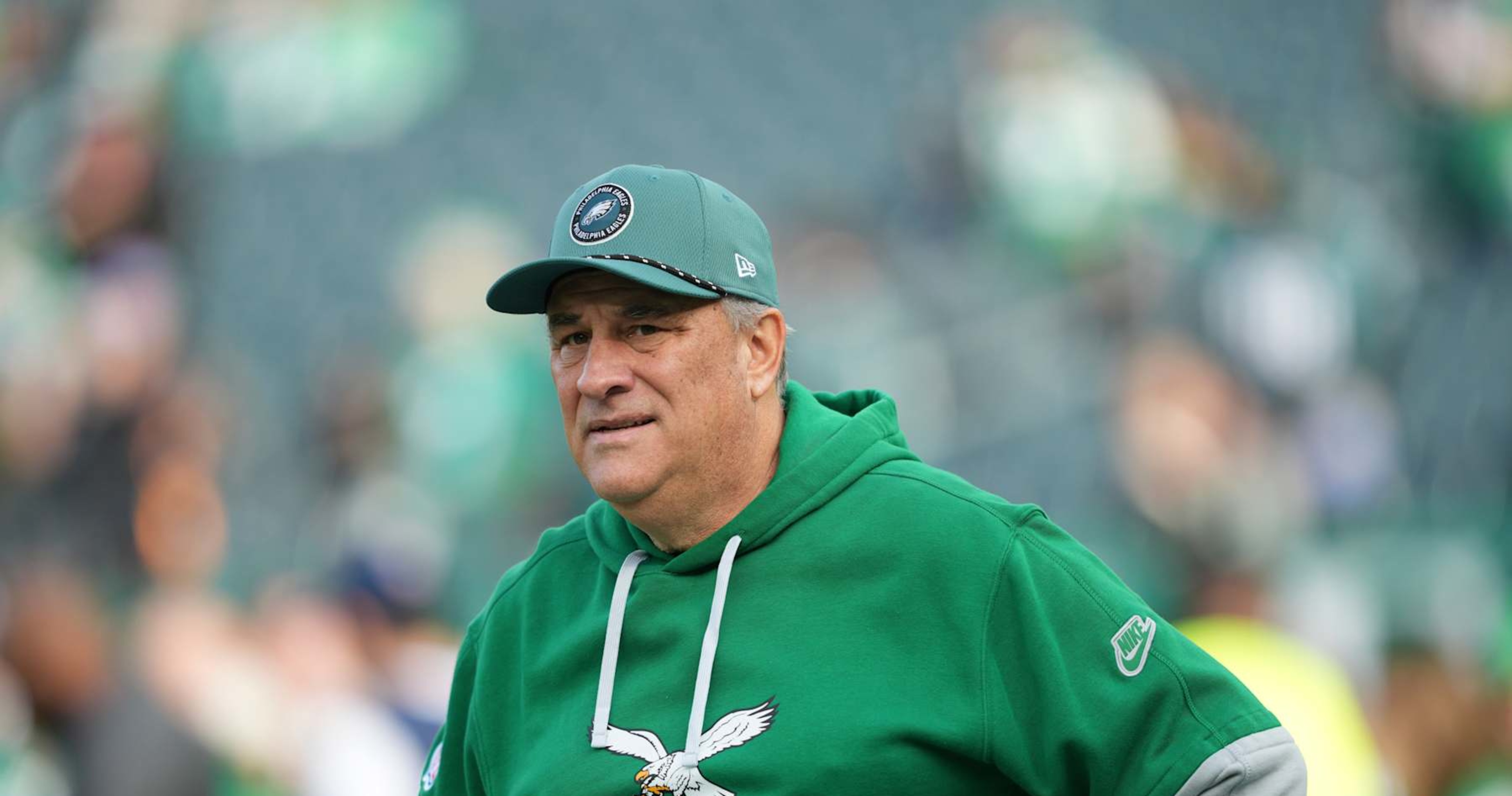

The Golden Mahseer is not only a sacred fish and national symbol in the kingdom of Bhutan, but also incredibly elusive. A new short documentary chronicles fly-fisherman and guide Oliver White’s travels to the country to find one, and how it embodies his approach to life.
A Thousand Casts is a cinematic portrait of White, who went from fishing guide to working for hedge fund legend Bill Ackman at Pershing Square Capital in New York, and then back to the wild. He’s also a brand ambassador for Yeti, which posted the 30-minute doc on its YouTube channel on August 15. It’s just the kind of brand content and “influencer” upon which Yeti has built its brand, forging connections with a broad cross-section of outdoor enthusiasts.
Yeti, like both its namesake and the Mahseer, is a rare, if mythical, beast. It’s a brand that has taken the slow and steady approach to growth, strategically forging strong ties to its consumer communities across the outdoors, making thoughtful, creative and inspiring content, all while navigating the demands of being a public company, in a growing product category that has seen competitors like Stanley go viral on TikTok.
Despite a relatively slow year so far—its most recent earnings saw a 10% decline in sales year-over-year—Yeti is adamant in keeping with its more patient pace and brand strategy. It seems impervious to the temptation to chase trends, and it not changing course even amid the challenges of an increased push into international markets.
CEO Matt Reintjes joined the company in 2015, and in that time Yeti has grown from less than $500 million in net sales to more than $1.5 billion last year. Reintjes says the key to much of the brand’s success has been allowing the product to dictate where they will aim their energy and efforts to grow. Yeti started as a product aimed at fishing enthusiasts in Texas and the surrounding regions, and quickly expanded to other outdoors activities and sports. A pro surfer is also a fisherman, and knows professional skiers, who also know chefs and BBQ experts. This cross-pollination of interests and communities has helped spread the word and expand Yeti’s audience.
“What we’ve done is look for those places where our product had outsized relevance, where those communities had real affinity for gear that supported their environment, pursuit, or activity,” says Reintjes. “We follow the tracks and let the product lead us there, and then we allow that to invite us in to start to build relationships with ambassadors and partners in the right way. It’s a very organic development versus writing a sponsorship check, buying a banner, and saying you’re now a part of the group. We do the hard work in each of these communities individually, and we show up and we’re present, and we support the things that are important to them.”
Reintjes describes the company’s approach to growth as a depth and breadth strategy. Even from Yeti’s earliest days (it was founded in 2006), the plan was to focus on long-term sustainable growth. Since becoming a public company in 2018, the brand has aimed to keep repeating that mantra. “Brands face multiple points in their journey where they can be deep and relevant, but at the expense of growth and expansion, or they can chase growth and they forget about the depth of connections that they had already built,” says Reintjes. “Over time, you erode brand value, you erode uniqueness, you erode support and passion for who you are. And so we’ve been really thoughtful about how we drive breadth, adding on more communities, bringing in more consumers domestically, growing the brand internationally, all while also keeping those deep and connected roots all the way back to our earliest communities.”
The brand has in recent years been launching new products in what it calls the culinary category. In June, when it announced its new cast iron pan on Instagram, it quickly sold out within 12 hours. Reintjes says the brand’s roots in food go back to central Texas BBQ, cooking outside, and those cooking over open fires, all using its coolers and drinkware. Pitmasters in Central Texas introduced the brand to North Carolina pit masters, and from there it spread up to Brooklyn, and then beyond to Europe.
The BBQ connection put the brand in the hands of restaurant chefs and beer brewmasters around the world. Yeti’s ambassadors in food and beverage span a wide variety of people, including Irish knifemaker Fingal Fergusson and 16-time World BBQ champ Chris Lilly. The company also sponsors YouTube shows from such chefs as Matty Matheson and Brad Leone. For Reintjes, these relationships build on one another, introducing the product and Yeti to more people allows the brand to build more relationships—and create content.
“Our brand goes where our product goes, it’s like lily pads filling a pond,” he says. “It’s not random. It just grows out from a base. It’s not fundamentally different to how we built these relationships in the broader outdoor communities like climbing, surf, and skate, where we went to where our product was being used.”
This has also been Yeti’s approach to global expansion, which started about five years ago. International sales grew nearly 20% for the second quarter of 2023 to reach 13.4% of sales, up from 11.5% a year earlier. Reintjes says that the company has been very thoughtful about building international teams that have direct relationships with wholesale partners, as opposed to signing up massive, broad distribution around the world to get the brand in as many places as possible, as quickly as possible. “It’s actually evolving in a very similar way to what we saw in the U.S., which gives us the confidence that we have a playbook that travels,” says Reintjes. “And that’s to bring great products, show up in places where it matters, support the ambassadors, the partnerships, and the events that are important to people. That formula works for building a brand.”
The premium hydration category, like water bottles and tumblers from brands including Hydro Flask and Stanley, has became a place of social media status symbols and fashion accessories over the past few years. Hydro Flask had its VSCO moment back in 2020, while the hashtag #stanleytumbler currently has more than 430 million views on TikTok.
Yeti doesn’t work with traditional social media influencers, instead investing in its more than 170 brand ambassadors across its categories of outdoor activities. Reintjes says these represent better opportunities to build more significant relationships with these communities, make better, longer-lasting content, and set the brand up for more sustainable growth.
“We always talk about it in terms of the product being our heart, and the brand is our soul,” he says. “The heart keeps pumping blood through the body, and the soul is what makes it interesting. Keeping those things really tight, which is why we’re really particular about how we do our brand storytelling, that’s a successful recipe to avoid trend-chasing, and still be relevant.”






